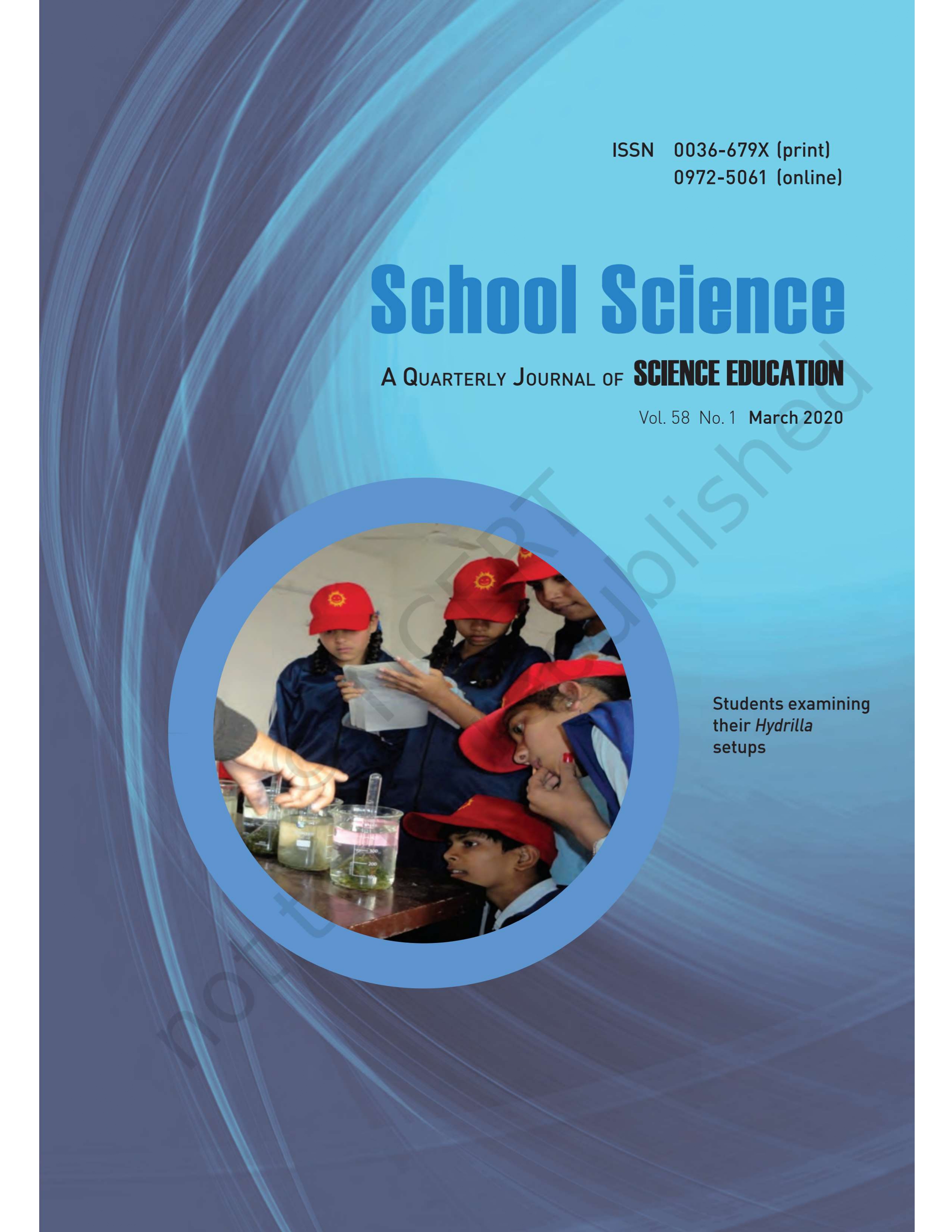
Published 2020-03-31
Keywords
- scientific literacy,
- Toulmin's Argument Pattern (TAP),
- Scientific Argumentation
How to Cite
Abstract
Science is a subject that involves the construction of theories that explain phenomena that are open to challenge and refutation, which is done by regular observation, framing and questioning hypothesis, experimentation, collecting data, etc. All these processes make the subject practical and instill curiosity among learners. scientific concepts are meant to be questioned to arrive at an answer or explain the why, how, what, and what if. Thus, it is said that science can be better understood if it proceeds through dispute, conflict, and argumentation. To bring out the essence of scientific discussion in a classroom or to make students more involved in the classroom discussion, argumentation in science is essential. Cavagnetto, R. (2010) pointed out that students' participation in argument develops communication skills, critical thinking, an understanding of the culture, practice of science, and scientific literacy. This paper has tried to bring out how crucial scientific argumentation is for reasoning and thinking, how we can link between evidence and claim, and why students and teachers need to be more involved with scientific argumentation. One need to understand that there is a vast difference between typical argumentation and scientific argumentation. Also, our discussion has further emphasised understanding Toulmin's definition of argument from a theoretical perspective and as a methodological tool for analyzing an argument, also known as Toulmin’s Argument Pattern (TAP). In this theory, he has discussed various components of an argument and how it helps students evaluate the validity and strength of arguments in science. The paper has even focused on the teaching strategies for carrying out argumentation, as discussed by Simon, Erduran, and Osborne (2006). With this, it can be concluded that still many teachers are unaware of this method of argumentation and can be brought to them by collective workshops. Even in the in-service teaching programmes, an attitude towards scientific argumentation can be introduced.
